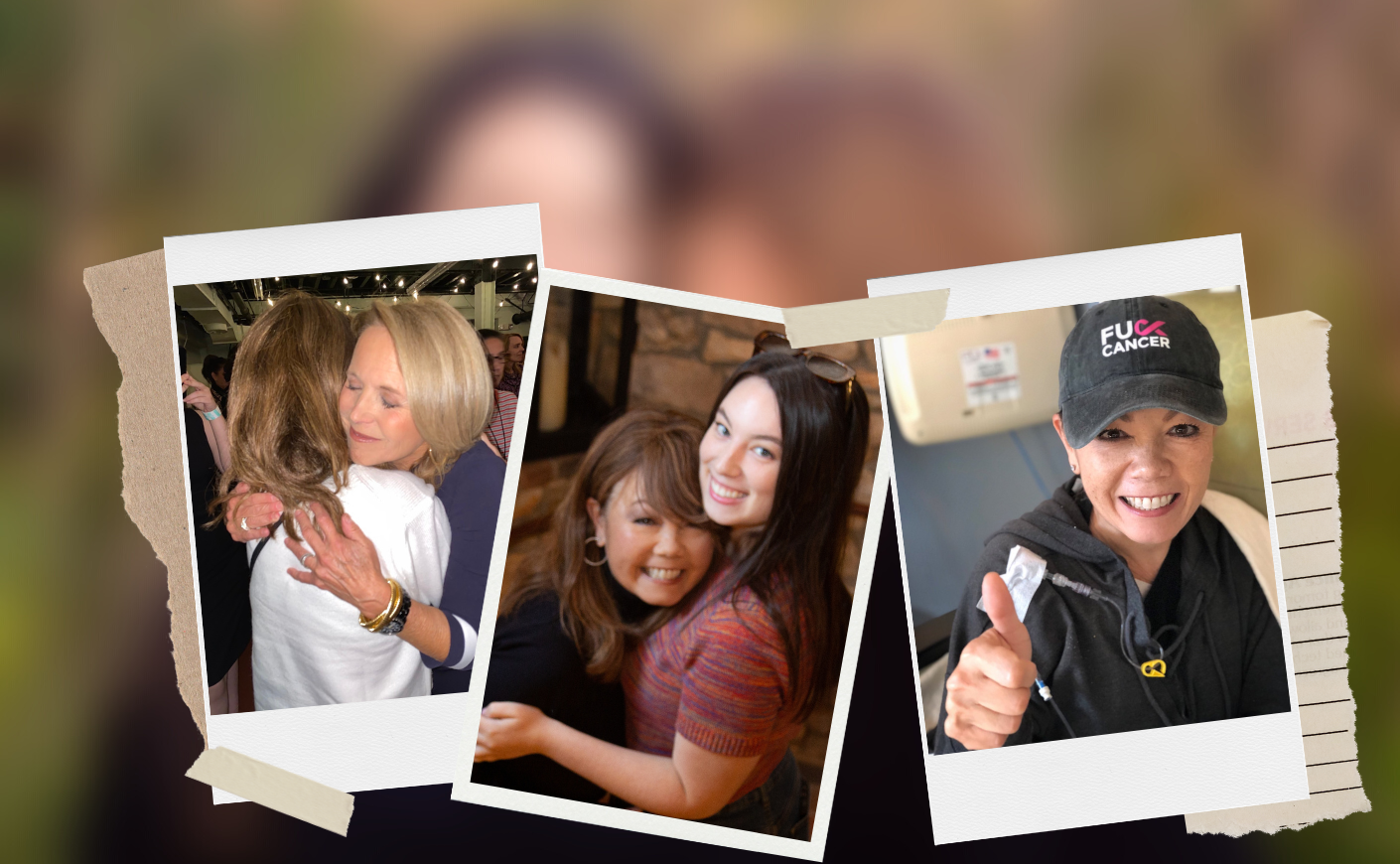I met Donna Otis three years ago when I was visiting my friend Wendy in Rancho Santa Fe. Donna was the new director of The Bridges, a club in Wendy’s community. She was the first female chief executive and general manager executive and had recently relocated from San Francisco. But we weren’t meeting about the joys and challenges of breaking the glass ceiling in our respective fields. Donna wanted to talk with me because she had been diagnosed with colon cancer. She was 55.
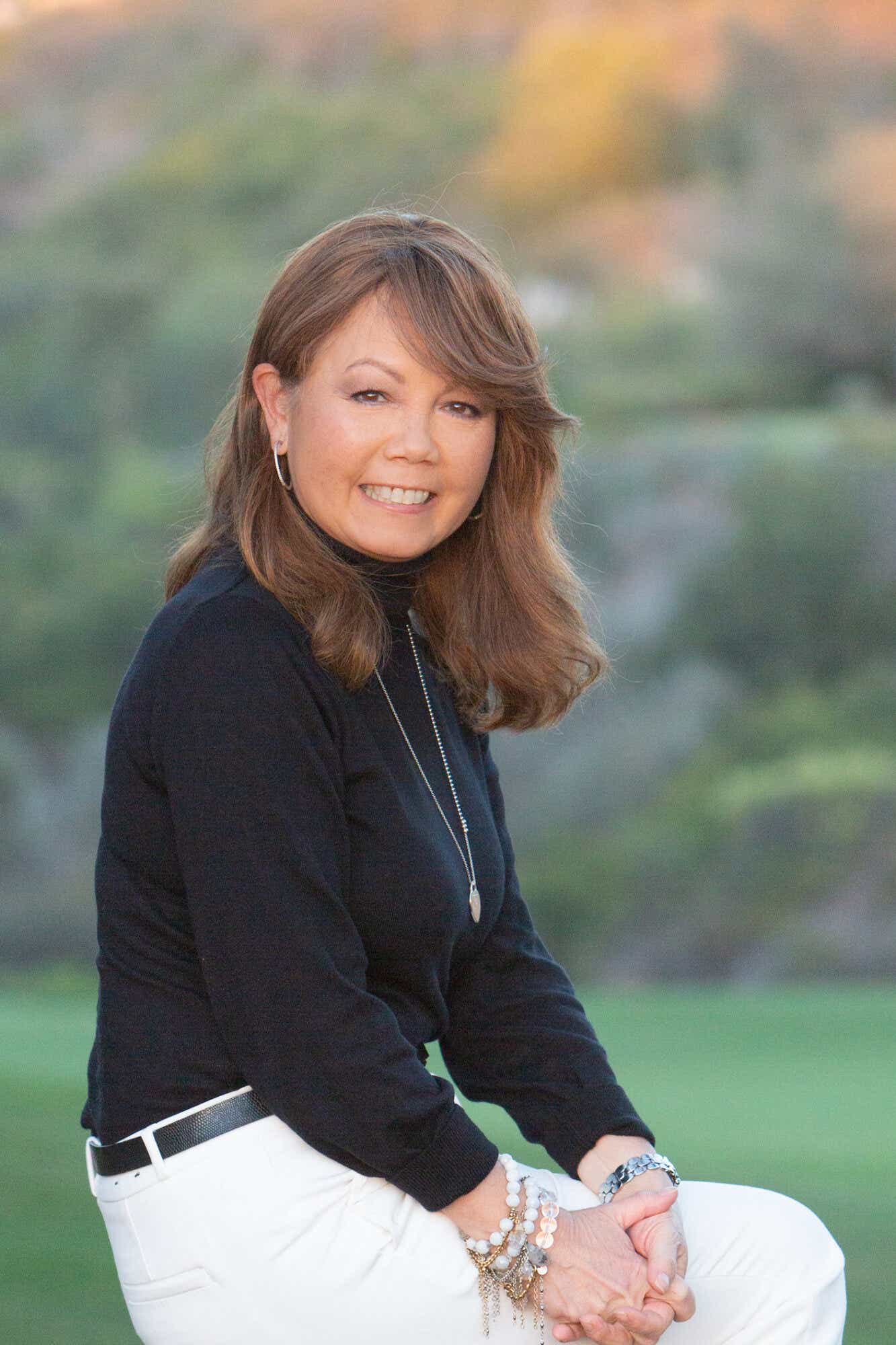
Over iced tea on the terrace of the club, Donna told me about her symptoms. She hadn’t been screened for the disease when she was 50, which was the recommended age for a test at the time. (Now the recommended age is 45 — more on that later.) Her doctor didn’t mention it and she thought there was no real harm putting it off. Now, she was undergoing treatment for advanced colon cancer. She was scared. I was scared for her.
Donna’s care was being handled by terrific doctors at a first-rate hospital and they were being aggressive about her treatment. We kept in touch, with Wendy giving me periodic updates. Donna told me her goal was to live to see her daughter Giovanna graduate from college. As a single mom, she wanted to be there to cheer her on. When you have cancer, milestones like this become mountains you desperately want to climb. When I heard she made it there, I was so happy and relieved. But I was worried about the future.
John and I have been in California for the last few months, privileged to be able to escape the slog days of a New York City winter. I went to visit Wendy and was able to see Donna several times. I hadn’t seen her since she came to my book tour in LA and told me tearfully that the cancer was all over her body. That made me cry, too.
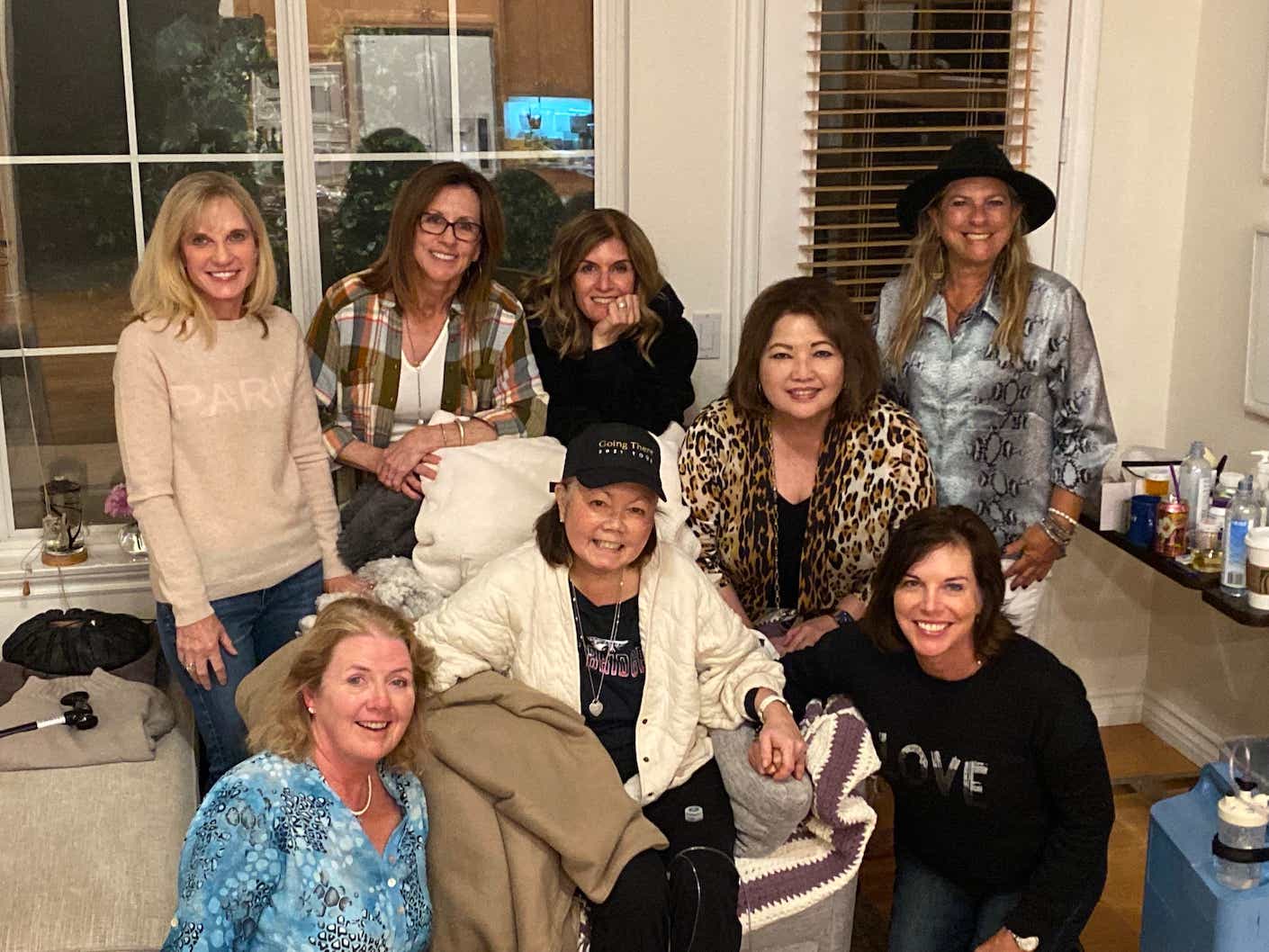
A steady stream of visitors came to her pretty home, filled with photographs and two kimonos hanging on the wall, a reminder of Donna’s Japanese heritage. By now, Donna spent most of her time in a BarcaLounger-type chair, sporting a baseball cap (I was flattered one of them was from my Going There tour) and was on supplemental oxygen.
She told me she had a drink that would take effect in about 10 minutes if the pain of her cancer got too great — part of California’s End of Death Option Act that passed in 2016. “They never really talk about how painful this is,” she confided. She said she thought she might have a big party with her friends to say goodbye and end her life the next day.
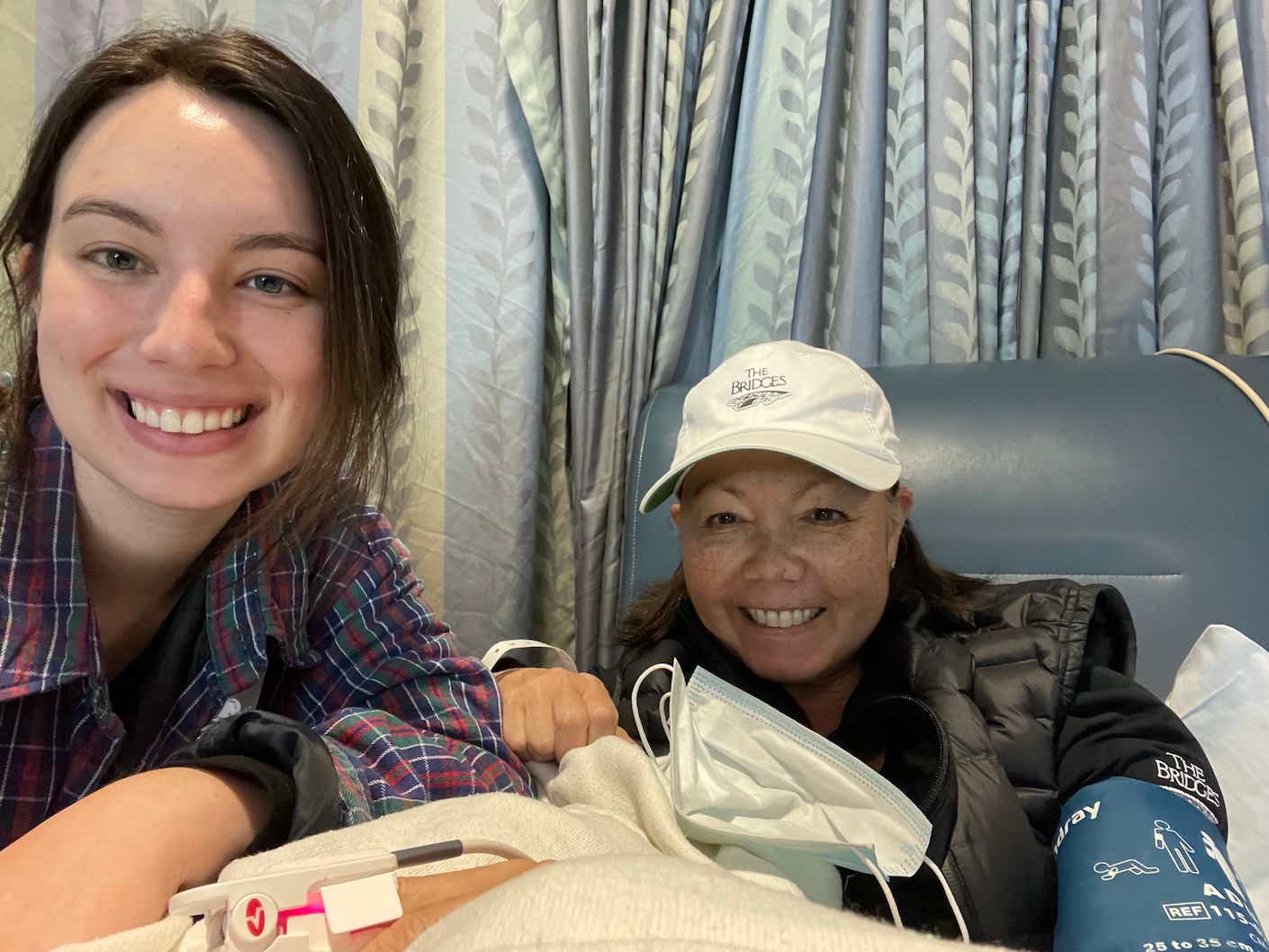
Donna became weaker by the minute. I was happy to visit her several times while I was staying at Wendy’s. We watched Mrs. Doubtfire and a few episodes of Madam Secretary, one of her favorite shows. She gave Wendy and me beautiful bracelets from a local San Diego artist. She asked John if he wanted her to arrange a golf game. Donna was always thinking of others, even now.
But Donna was scared.
Hospice was called in. She began sleeping most of the day. Her wonderful daughter, nicknamed “Cheech,” was there along with her best friend from childhood Jerri. The drink stayed in the safe.
She died naturally on February 22nd.
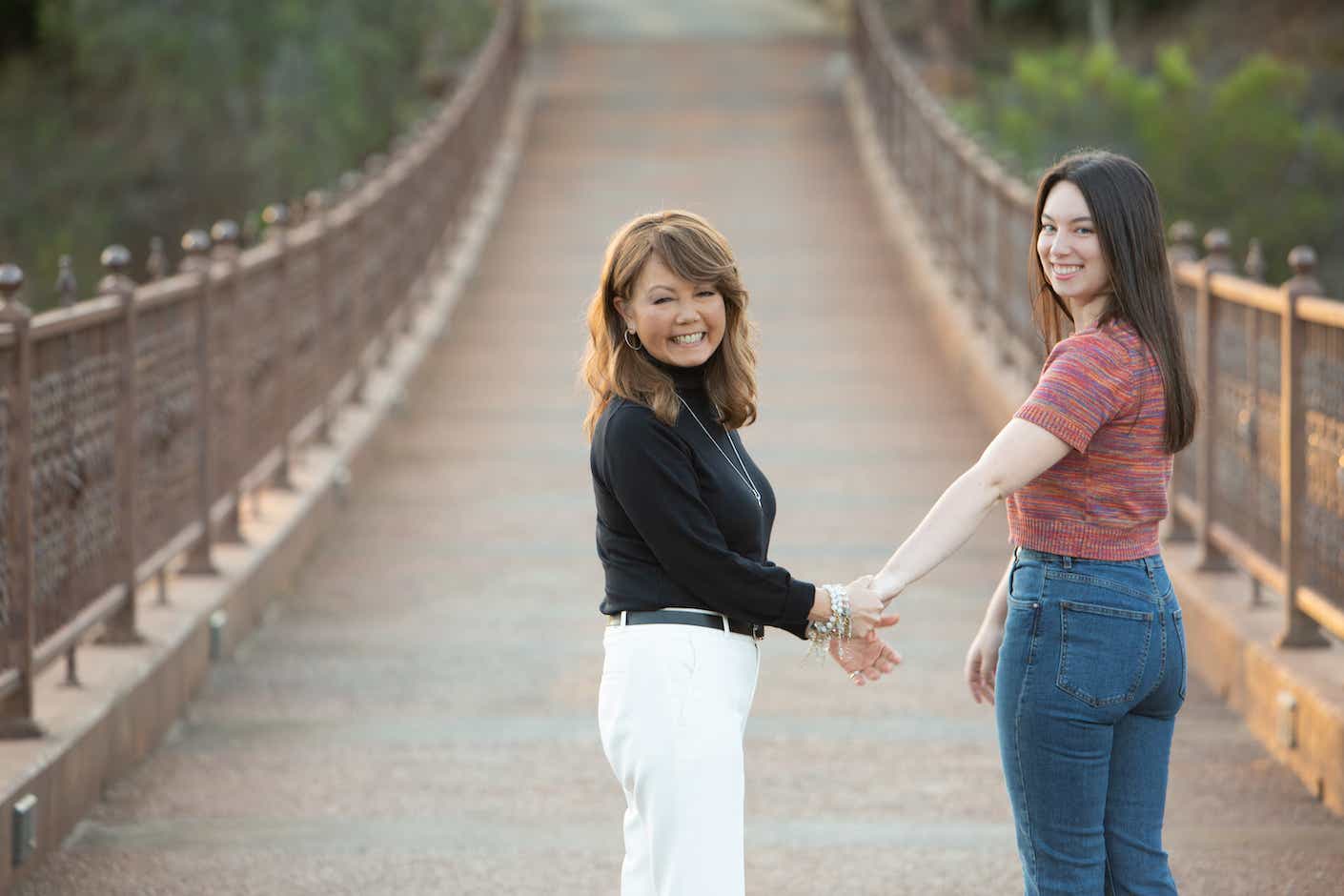
Donna taught me so much about letting go. She fought like hell, but when it was clear there were no other therapeutic options, she decided she was going to leave a legacy of love behind. She wanted to make sure that she was taking care of her daughter, even posthumously. She had taken her wedding dress shopping. She had put together a Grandmother Book for the grandchild she would never meet. She placed a stack of cards in a box for future birthdays, so Cheech would be reminded of her love.
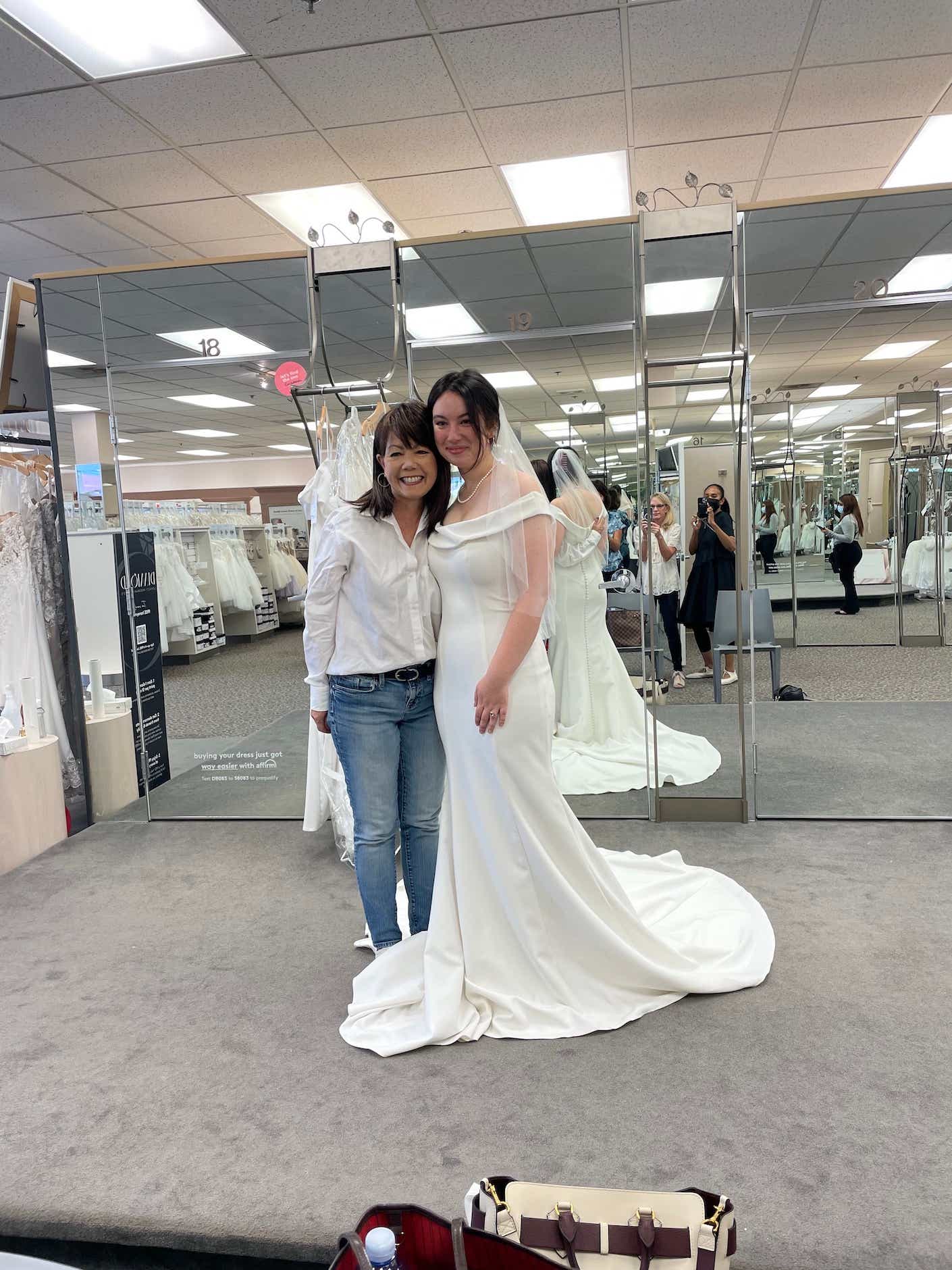
And she reminded me of the importance of getting screened for the disease that would take her at just 58 years old.
Donna is not alone. Forty-four million Americans at average risk for colon cancer who should be getting screened are not. The age for that first screening, as I mentioned, has been lowered from 50 to 45, because the number of colorectal cancers in people under 50 has risen dramatically, for reasons medical experts are still trying to understand. So please get screened. Do it for Donna.
But Donna’s legacy is much more than this important message. It’s also about the love, compassion, and selflessness she showed in her final days. That is something I was honored to witness — and something I will cherish forever.







